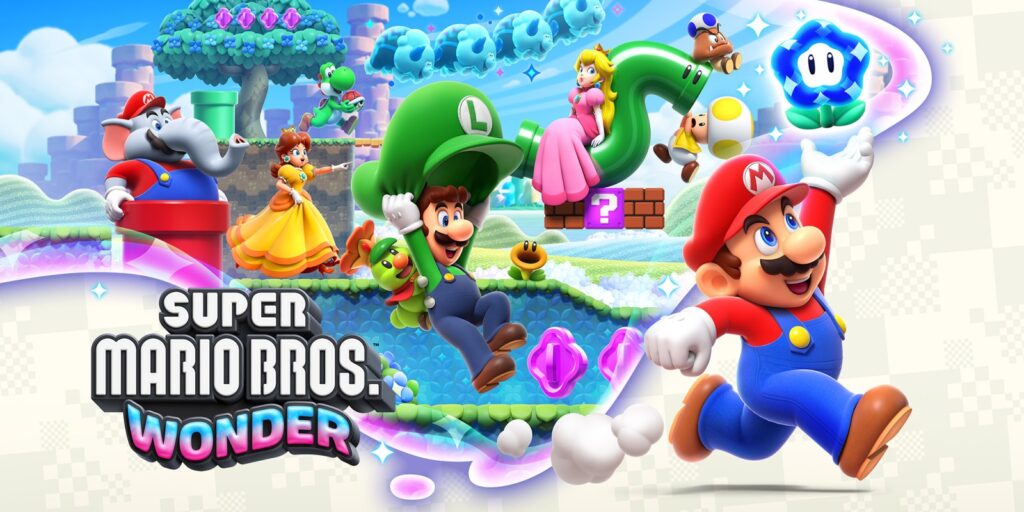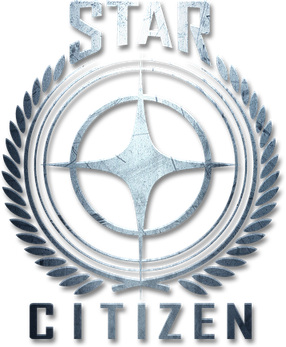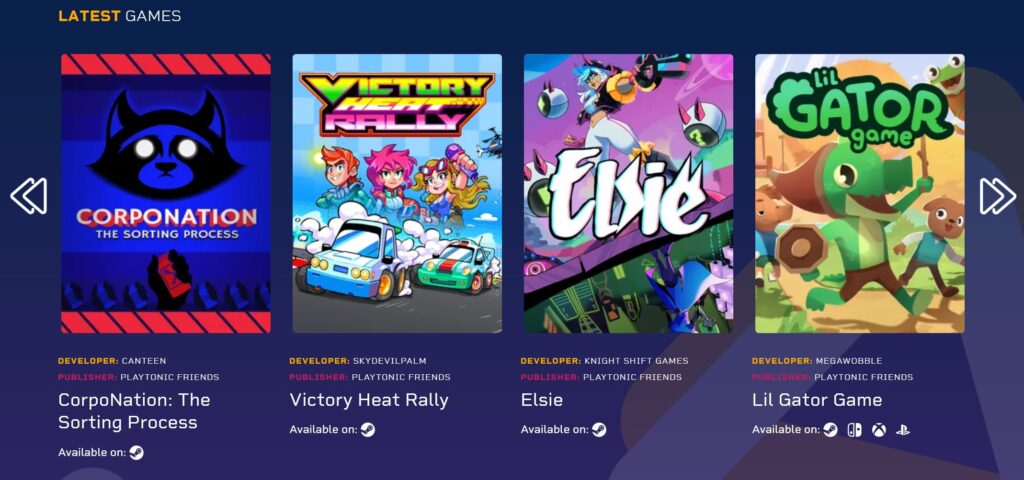Recently, the Game Awards have come under fire for some of the games nominated for various categories. Most notably, Dave the Diver, which is currently up for the ‘best independent game’ award, alongside titles like Cocoon, Dredge and Sea of Stars.
That’s because Dave the Diver isn’t actually by an indie studio. It’s by a company called Mintrocket, which is a subsidiary of a large Korean company called Nexon.
And that’s got people questioning whether it should even count at all. Does a small two person project made by employees of an indie company count as an indie game?
Well, it’s complicated. Because deciding what counts as an indie game, is not a trivial matter.
Since regardless of the criteria you use, things can get a bit murky. Take the normal definition (independent company not using a publisher to release their games) for example.
In theory that should be good enough, except…
If you keep it vague enough, just about every big company is independent in some way. Take Nintendo for example. No one owns them, and no one will buy them in the foreseeable future. Are they indie?
Of course not. They’re a triple A games company with a near unlimited budget, and the furthest thing from what people consider indie possible. So no, the console manufacturers obviously wouldn’t count, nor would those big names that have been in the gaming world for decades (of which only Activision Blizzard can be classed as not independent!)

No, Super Mario Bros Wonder is not an indie game, lol
But where’s the cutoff point here? Where does a company go from being ‘indie’ (in the accepted sense) to ‘triple A/corporate’?
Cause some indie games do actually compete with triple A titles in terms of budget. Like say, Star Citizen. That game has literally got the highest development budget of any video game in history. Like, its developers and backers have spent more on this game than Activision spent on any of their Call of Duty titles, or Take Two and Rockstar spent on any of the GTA games.

Star Citizen has raised over 500 million dollars from backers and investors
So is it indie, or is triple A? Does the game itself count as one even if the development studio as a whole does not?
And a similar case can be made for companies like WayForward too. The Shantae series is often classed as indie, but the company behind it is not some tiny studio struggling to pay the bills. It’s a large studio that’s been around for more than 3 decades, and which has worked on everything from tiny one off games to licensed titles for films and TV shows.
Are they indie?
How about an ‘indie’ studio that’s also a publishing house? Playtonic Games has worked on titles like the Yooka-Laylee series in house, but also runs a publishing arm called Playtonic Friends, which has published titles from other small studios like Lil Gator Game and Demon Turf. Are they or any of the companies they publish games from classed as indie?

Playtonic Games publishes games from other indie devs, as shown here
Honestly, it’s hard to say.
And going off the art style/feel of the game doesn’t help much either. No, not only do many indie games have a level of technical complexity on par with triple A games, but many games by large companies have simplified art styles inspired by the indie scene (or retro gaming) too.
Like again, Star Citizen. It doesn’t look like your traditional indie game from a presentation point of view, yet comes from a company that’s not owned or run by a large publisher or multinational corporation.
Or almost any of the titles that led the 3D platformer renaissance. Yooka-Laylee, A Hat in Time, Snake Pass and many others look almost identical to the types of 3D platformers a company like Nintendo might make, yet are created by small teams working alone.

So there’s no way to say ‘this is an indie look’, and then decide what counts as indie based on that, since there’s no obvious cut off between triple A and indie game visuals anymore.
And that goes the other way too. Many large companies have also made or published games with simpler art styles as well, which could be mistaken for indie games if not for the brand names attached to them.
These include Sonic Mania, which is an amazing throwback to the Sega Mega Drive era, Mega Man 9 and 10, which replicate the 8-bit style of the NES titles near perfectly…

As well as Cadence of Hyrule, which has a gorgeous pixel art aesthetic and chiptune soundtrack that feels like it could be right out of the GBA or DS era.
No one would (or should) count these games as indie titles, but they look a lot closer to the public perception of an indie game than many actual indie games do nowadays.
So what’s left?
Is the solution a mix of factors?
Maybe, though that makes it even tougher to know where to draw the line. Like, do we say that a studio is indie if their annual turnover is less than a billion dollars? 100 million? 10 million?
Do we take staff headcounts into consideration? Is a company with a thousand staff less ‘indie’ than one with a hundred?
Should a company be considered indie if it uses a publisher for its game in one region, and releases it independently in another?
Does the list get ridiculous, like “this game counts as indie if the budget is less than ten million, less than 20 people worked on it, it was never published by a third party anywhere on Earth and the art style looks at least two generations behind the norm?”
It’s a difficult line to draw, and one that will only get more and more difficult as technology advances and the types of stuff small teams can make gets more complex.
Still, what about Dave the Diver? Should that have been nomined for best indie game at The Game Awards?
Honestly, we’d probably say no. It’s a great game quality wise, but it’s by a subsidiary of Nexon, one of the biggest game companies in South Korea. So in the same way we wouldn’t count a new Rare, Next Level Games or Rockstar game as indie due to their corporate structure, we probably wouldn’t consider Dave the Diver one either.
What do you think though? Is Dave the Diver an indie game? What counts as indie in general?
Leave your thoughts in the comments below, on social media, or over on our Discord server today!
1 Comment
I completely agree with the definition of an indie game as something that is created by a small team or individual with little to no financial support from a major publisher. It’s interesting to see how the gaming industry has evolved and how indie games have become more mainstream and highly successful. As a fan of indie games, it’s great to see more opportunities for innovative and creative games to be made and shared with the world.